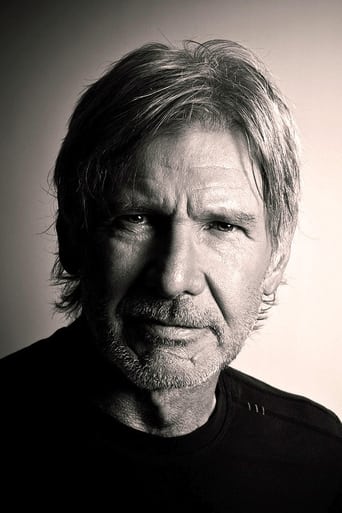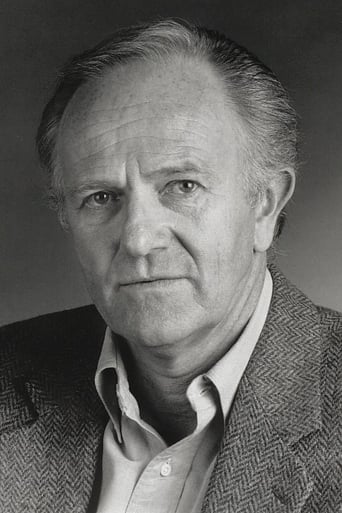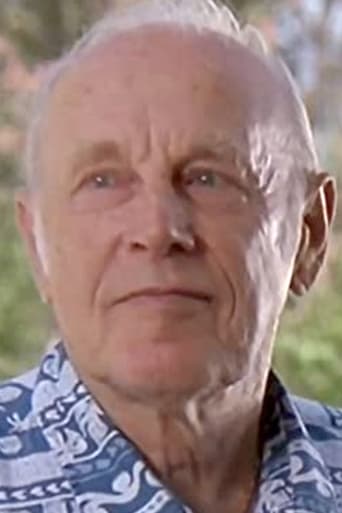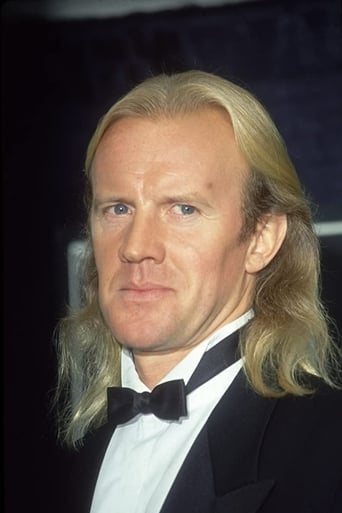Dorathen
Better Late Then Never
Ceticultsot
Beautiful, moving film.
Marva
It is an exhilarating, distressing, funny and profound film, with one of the more memorable film scores in years,
scman-68854
I guess the detective had No Body he could trust or No Body he could go to about the corruption. Movie lost me when Ford gave up his gun and bullets to the woman.
NO police detective would ever give up his gun when hunted by other corrupt cops.
Totally Unbelievable. Found something else to watch.
johnsone-5
"Witness" had all the making of a great movie, until the obligatory shoot-em-up Hollywood ending ruined it all.
Emerald Reprobates
This movie may have been well received in the mid 80's but unfortunately it doesn't hold up to well. It's a very slow paced and uneventful movie, that being said it's not necessarily a bad movie. The movie follows the seemingly pointless hiding in an Amish community of a detective (Harrison Ford) who is investigating a murder witnessed by a young boy from the community. During his stay Ford falls for the mother of the child (Kelly McGillis) which serves no more purpose then to give us a god awful dance scene and inevitable forbidden love scenario, the one good thing to come out of this arrangement is the obligatory 80's tit shot. The films 3rd act is no better or worse then the proceeding two before it, winding down with two murders and a stern talking to as it's climax this movie leaves you with a feeling of mediocre satisfaction because while the plot and script are paper thin the acting is quite good.Featured on episode 57 of The Emerald Reprobates Podcast.
tomsview
If there is one Australian director who has the cred to sit at the grown-ups' table with the likes of Spielberg, Coppola and Scorsese, it's Peter Weir.He has many movies under his belt now, and they include a few that are pretty close to masterpieces: "Picnic at Hanging Rock", "Gallipoli", "Dead Poet's Society", "Master and Commander", and maybe this one.Although we have seen the basic ingredients before, "Witness" approaches the cop movie genre from a whole new angle, setting a tough urban detective amongst the insular and peaceful Amish of Pennsylvania. Some of the most intriguing scenes contrast the Amish lifestyle with that of the modern world such as the deep-focus shots of the horse-drawn Amish buggies with semi-trailers thundering by in the background.This was Weir's first Hollywood film, and as Australians have often found with our own cinema, the outsider view can be the most penetrating. Weir also brings humanity and humour to all his films - lightness of touch is one of his trademarks.The heart of the film is the growing relationship between Harrison Ford's John Book and Kelly McGillis' Rachel Lapp; he the tough city cop, she the young widow from a sheltered, devout rural community. The ending is bittersweet; they come from worlds that just don't intersect.Many other elements came together to make this film unique. The inspired original screenplay draws us into almost another world while the cinematography captures the sweep of the rural setting as well as moments of great intimacy.And then there is the music. It's often said that a background score should not be noticed, but Maurice Jarre created a work that is right to the fore. Jarre created some great scores - "Lawrence of Arabia", "Doctor Zhivago" and "The Professionals", although later he tended to become predictable. However, like Jerry Goldsmith, just when you thought you had heard everything the guy had to offer, he'd take your breath away with something totally fresh and original. "Witness" was his first electronic score; he could have gone orchestral, but that organ sound is perfect for the story. In the building the barn sequence, the music builds and builds and then soars as John Book and the Amish raise the wooden framework into position - a triumph of film scoring.Recent documentaries would indicate that the Amish haven't changed that much since "Witness" was made 30 years ago; the film has hardly dated; it's just a great piece of filmmaking.










